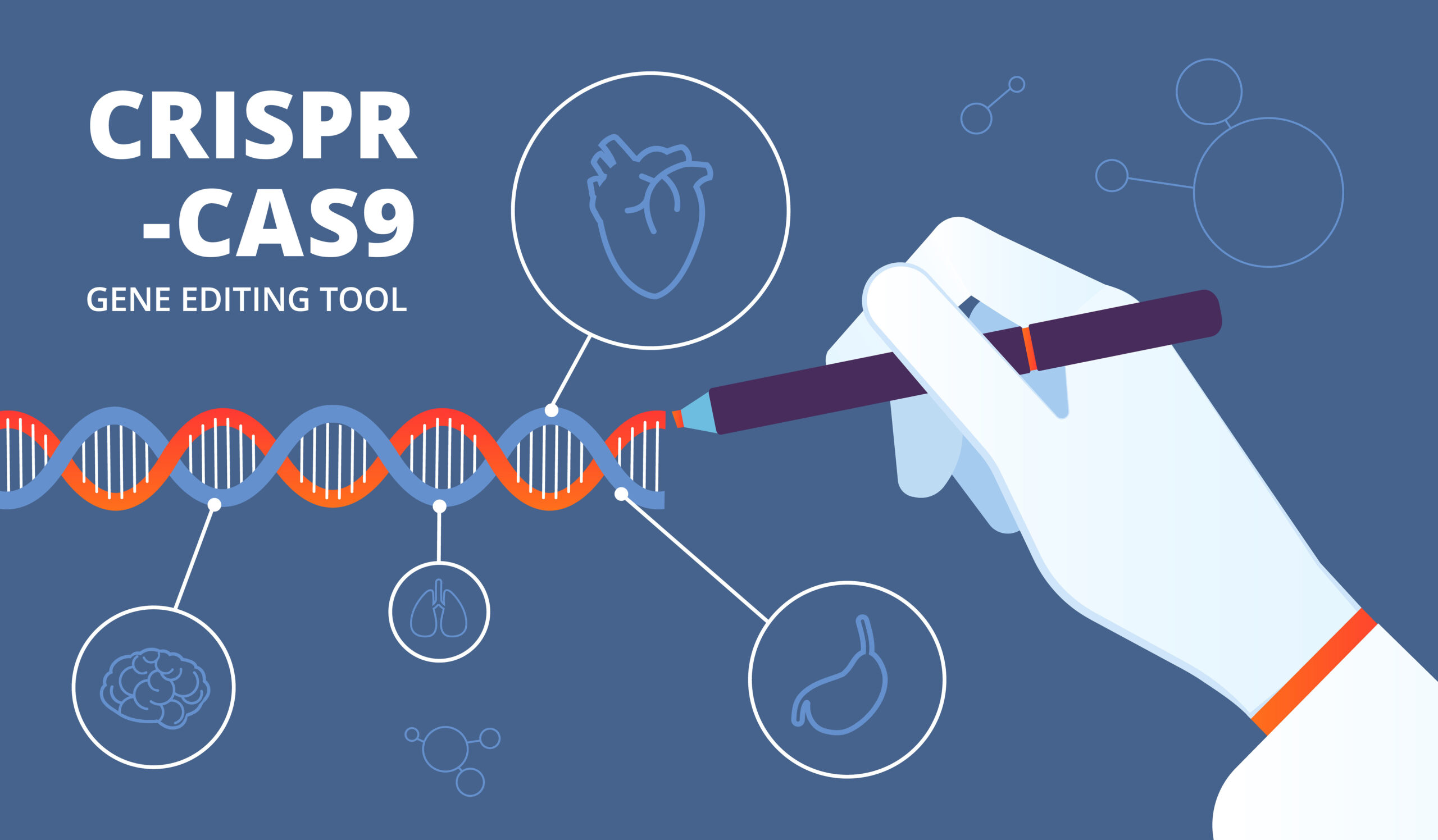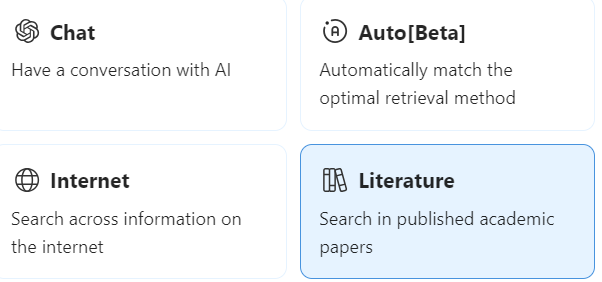Artificial intelligence (AI) is a revolutionary force that is changing the field of scientific inquiry; it is more than simply a catchphrase or a sci-fi idea. Artificial intelligence (AI) is transforming drug discovery and speeding up data processing in a number of scientific domains. This post will explain AI tools that support scientific research, discuss some of the ways AI is advancing science, and explain how StudyGPT may help scientists.
Accelerating Data Analysis and Interpretation
Managing massive amounts of data is one of the most difficult aspects of scientific research. Traditional methods of analysis are time-consuming and prone to human error. However, AI systems excel in processing massive datasets in a timely and reliable manner. Machine learning algorithms, in particular, can detect patterns, correlations, and anomalies in data that human researchers may miss. This feature is extremely useful in domains such as genomics, where AI can examine genetic sequences to discover disease markers, and climate research, where AI models can study weather patterns and forecast future climate trends.
Revolutionizing Medication Discovery and Development
The process of identifying and developing new medications is notoriously complicated and costly. AI is transforming this process by accelerating the identification of promising medication candidates. AI algorithms can examine large libraries of chemical compounds to anticipate their interactions with biological targets, dramatically lowering the time and expense of drug discovery. By optimizing chemical structures and detecting potential adverse effects, AI techniques assist researchers in bringing new therapies to market faster and more effectively.
Transforming Medical Diagnostics
AI is making significant strides in medical diagnostics, particularly in the interpretation of medical images and genetic data. Deep learning algorithms can analyze images from X-rays, MRIs, and CT scans with remarkable accuracy, aiding in the early detection of diseases such as cancer and heart disease. AI is also used to analyze genetic information, helping predict individual risks for certain diseases and guiding personalized treatment plans. These advances in AI-driven diagnostics are improving patient outcomes and revolutionizing healthcare delivery.
Introducing AI Tools for Scientific Research
Numerous AI tools and platforms are available to support scientific study in a variety of areas. From data analysis to predictive modeling, these technologies provide tremendous capabilities that boost research efficiency and innovation. Some famous examples are:
• AlphaFold: Developed by DeepMind, AlphaFold uses AI to predict protein structures with unprecedented accuracy, providing valuable insights into molecular biology and drug discovery.

• IBM Watson: IBM Watson is a cognitive computing platform that analyzes large volumes of data to provide evidence-based insights and recommendations in fields such as healthcare and life sciences.

• CRISPR AI: AI-driven tools enhance the precision and efficiency of CRISPR gene-editing technology, enabling more accurate genetic modifications and accelerating research in genetics and biotechnology.

How Can StudyGPT Revolutionize Scientific Research?
Among the several AI tools accessible for scientific study, StudyGPT stands out as a flexible and strong option. StudyGPT uses the most recent advances in natural language processing (NLP) to help researchers with many areas of their job. Whether it's automating literature reviews, creating summaries of scientific articles, or providing individualized learning experiences, StudyGPT has unrivaled capabilities that expedite research operations and propel scientific advancement.
The capacity of StudyGPT to analyze and understand large amounts of scientific literature allows academics to stay up to date on the latest advancements in their field and spot new patterns. Its adaptive learning algorithms tailor educational experiences for students and researchers, allowing them to better understand complicated subjects. By leveraging AI, StudyGPT enables scientists to tackle complicated challenges and open up new pathways of discovery.
StudyGPT's literature mode
StudyGPT's literature mode can help with literature reviews, research synthesis, topic exploration, and other tasks by offering a thorough summary of the extant literature on a specific topic. It can save time and effort in acquiring and synthesizing information, allowing users to focus on more in-depth content analysis and interpretation.

For science, StudyGPT's literature mode can be particularly beneficial in several ways:
1. Literature Review: StudyGPT can help researchers and scientists conduct literature reviews more efficiently by summarizing key findings, trends, and insights from a wide range of scientific papers and articles. This can save time and effort in gathering and synthesizing information for a research project.
2. Topic Exploration: Scientists can use StudyGPT to explore new research topics or areas of interest by accessing summaries and analyses of relevant scientific literature. This can help researchers stay up-to-date with the latest advancements and discoveries in their field.
3. Research Synthesis: StudyGPT can assist in synthesizing information from multiple scientific sources, enabling researchers to identify connections, patterns, and gaps in existing research. This can facilitate the development of new hypotheses or research directions.
4. Data Analysis: StudyGPT's literature mode can also help scientists analyze and interpret data from scientific studies by providing insights and context from related research papers. This can support data-driven decision-making and enhance the understanding of research findings.
Overall, StudyGPT's literature mode can serve as a valuable tool for scientists and researchers in accessing, analyzing, and leveraging scientific literature to advance their research projects, stay informed about the latest developments in their field, and make evidence-based decisions.
Finally, artificial intelligence (AI) is playing an important role in enhancing scientific research by providing powerful tools and methodologies to speed discovery and innovation. From data analysis to drug discovery, AI is changing how scientists tackle research problems. By utilizing AI technologies such as StudyGPT, researchers can improve their capabilities, streamline their workflows, and propel scientific advancement forward.